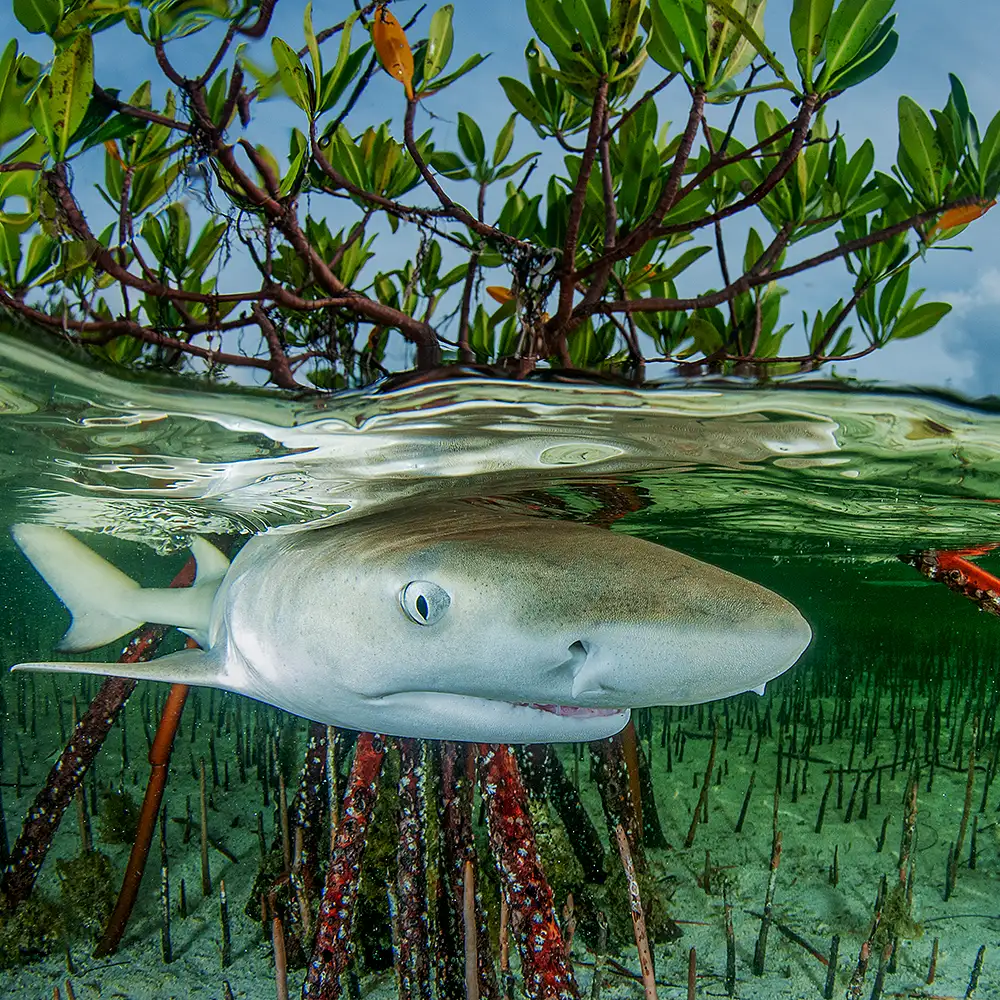Invest in the future of our oceans through sustainable marine projects that benefit people and planet.
Discover our storiesGlobal solutions for blue natural capital and coastal resilience
Discover impactful projects supported by BCAF and BNCFF, driving conservation and restoration efforts worldwide. Each initiative represents a step toward a more sustainable future, from protecting marine ecosystems to empowering coastal communities.
Protecting What Matters:
Valuing and Saving Our Ocean’s Blue Natural Capital



Closing a market gap
Working for people and the planet
Building a business case
Blue Natural Capital (BNC) includes vital coastal and marine ecosystems like coral reefs, mangroves, and seagrass beds. Despite their value, these ecosystems are often undervalued and rapidly degrading worldwide.
Why is BNC important?
BNC ecosystems provide essential resources such as seafood, natural storm protection and tourism revenue. They enhance water quality, capture carbon, and are vital for maintaining biodiversity and a healthy ocean.
What is IUCN doing?
Investing in sustainable coastal protection supports communities reliant on marine resources. IUCN builds business cases for ocean investments and develops impactful, sustainable projects.


The Blue Natural Capital Financing Facility (BNCFF) supports the development of sound, investable BNC projects with clear ecosystem service benefits, based on multiple income streams and appropriate risk-return profiles.















